
How UVic teamed with waste pickers in Brazil to build a university
UVic’s Division of Continuing Studies is issuing micro credential certificates for UNICATA students who complete learning modules.

UVic’s Division of Continuing Studies is issuing micro credential certificates for UNICATA students who complete learning modules.
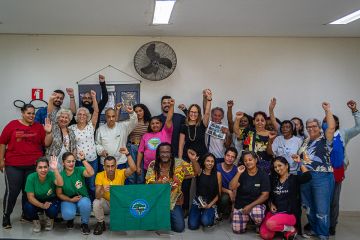
Thanks to a groundbreaking partnership in Brazil, UVic is extending its global reach and its impacts on environmental education beyond Canada’s borders while expanding ideas of who benefits from formal education.
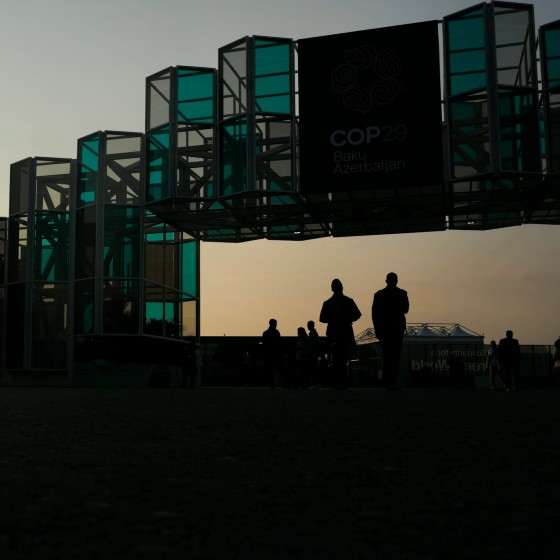
COP29: Returning carbon to the ground is net zero
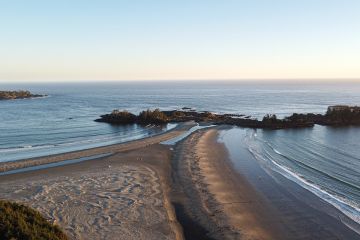
In a new Nature study, led by the University of Oxford’s Department of Physics and published today, an international group of authors who developed the science behind net zero demonstrate that relying on “natural carbon sinks” like forests and oceans to offset ongoing CO2 emissions from fossil fuel use will not actually stop global warming.
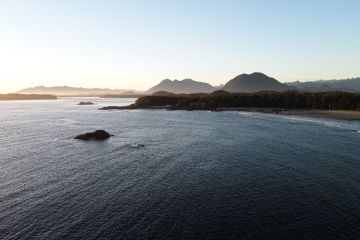
The University of Victoria experts listed below are available to media for comment on topics related to the UN Climate Change Conference COP29, which takes place from Nov. 11-22 in Baku, Azerbaijan. This year’s conference theme is “in solidarity for a green world.”
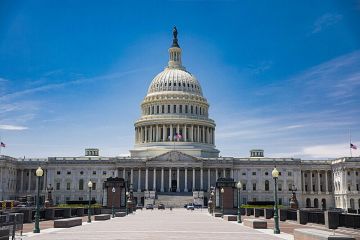
On Nov. 5, Americans will go to the polls to elect the 47th president of the United States. The following University of Victoria experts are available to media to discuss issues relating to the US election or international relations between Canada and the United States.
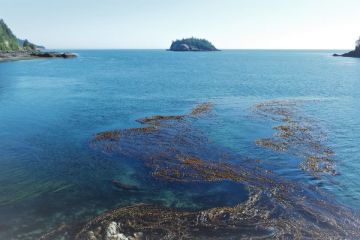
Cutting-edge satellite technologies paired with Indigenous knowledge and historical data will support science and management of marine ecosystems, thanks to a new investment in the work of University of Victoria geography researcher Maycira Costa.

The Livable Cities Forum will be held Oct. 23 to 25 in Vancouver, where municipal leaders and practitioners will explore this year’s theme of “multisolving for a net-zero and resilient future.” The following University of Victoria experts are available to media to discuss topics relating to climate action relative to sustainable development.

The Great BC ShakeOut will take place on Oct. 17. The following University of Victoria experts are available to media to discuss earthquakes and community safety.

The University of Victoria (UVic) has launched an innovative pilot project that could help redefine how the campus community consumes beverages on the go. The collaborative project, led by the Surfrider UVic student club and supported by University Food Services and the Office of Campus Planning and Sustainability, introduces reusable beverage cups from Reusables.com at two cafes on campus.

The following University of Victoria experts are available to media to discuss issues relating to the Oct. 19 BC election.
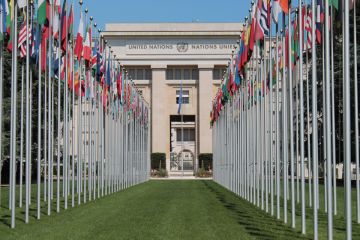
University of Victoria experts are available to media to discuss United Nations Sustainable Development Goals as the international community gathers for the UN Summit of the Future.

People across Canada came together to help one another during recent climate disasters, and now Neworld Theatre is bringing those true-life stories to the stage. Eyes of the Beast: Climate Disaster Survivor Stories is the first full-length documentary theatre production based upon on-the-ground climate disaster reporting and will have its world premiere at the UVic's Phoenix Theatre from Sept. 16-21.

Massive volcanic carbon dioxide (CO2) emissions contributing to an extreme global ocean deoxygenation event over 120 million years ago has modern day implications for understanding a climate warming “tipping point,” according to new research published in Nature this week, led by a scientist at Ocean Networks Canada, a UVic initiative.

An international research team found only 63 out of 1500 climate policies have led to substantial emissions reductions over the past two decades. The groundbreaking study published in Science reveals the keys to success according to shared characteristics for these cases: inclusion of tax and price incentives in well-designed policy mixes.
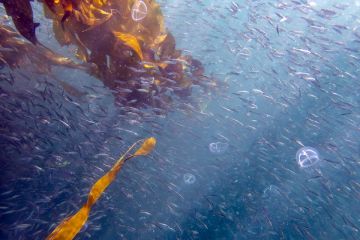
A new study analyzing over 230 fisheries has found that their sustainability is likely overstated world-wide. Previous estimates of the number of fish in the ocean globally may have been too optimistic; two-thirds of fisheries in the study had over-estimated the number of fish available when making earlier management decisions.